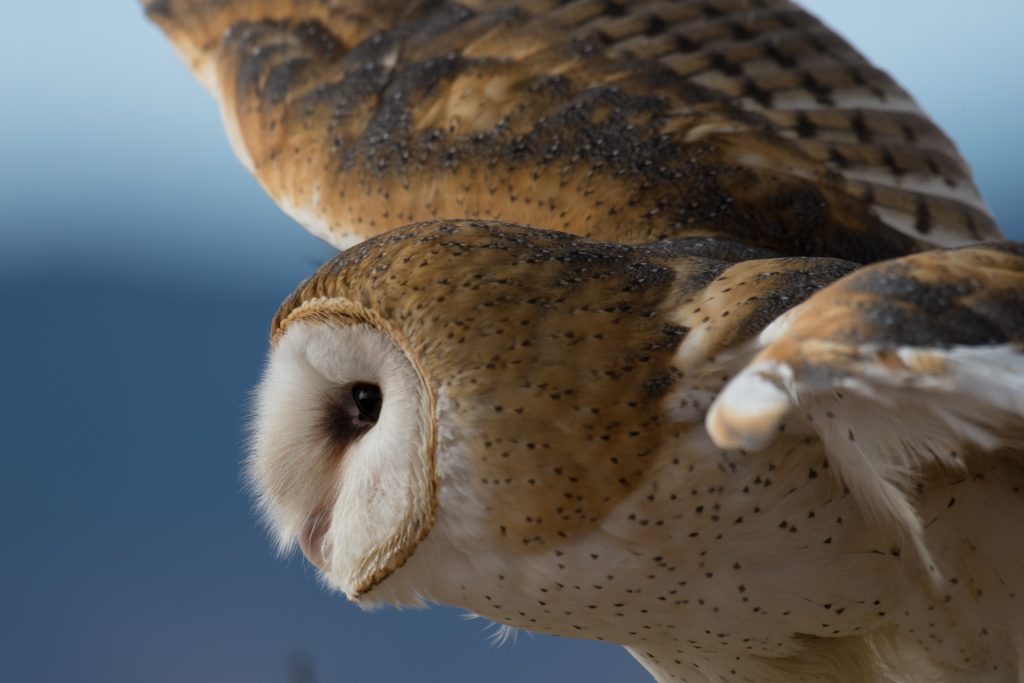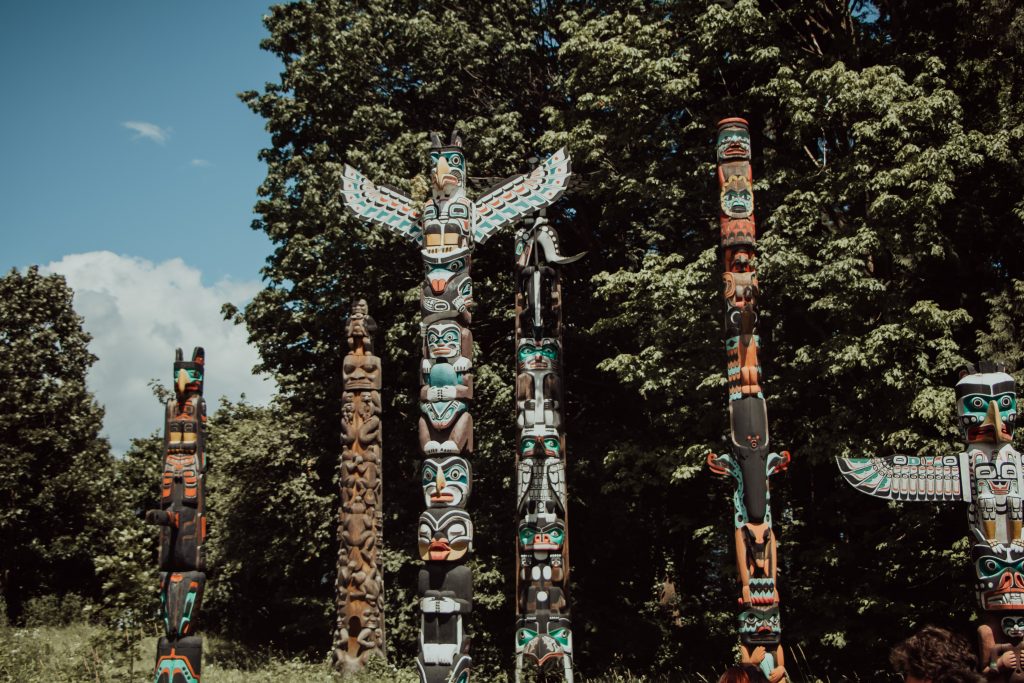I Heard the Owl Call My Name, but Margaret Craven
This is a classic which I first read during my bachelor’s program in the spring of 1995. I have since read it several times with some of my ESL students, and each time we did a very close read, discussing themes and topics along the way. With every new reading, I am reminded of how deeply philosophical it is, how it emphasizes the strength and importance of community, and how a village is really like an extended family. I am moved every time by the reading. This is really the kind of book that a person might reflect upon from time to time for years to come, and a great book to enjoy at a time like this, so isolated and separated from our own communities.

Based on a true story, it is the life of a priest, Mark, who unbeknownst to him is dying, of what exactly the reader never knows. Due to this unfortunate news regarding the young vicar, the bishop decides to send him to his most difficult parish, the remote Native American village of Kingcome, in the Pacific Northwest. The bishop knows that Mark has a lot yet to learn and wants to help him do so as quickly as possible because he does not have a lot of time left. The post will be a challenging one for Mark, and even the trip to arrive there is arduous. He will have to go from one boat to an even smaller boat upriver, through mountains, not to mention the harsh climate he will have to endure, the isolation, and the task of understanding or getting to know the villagers. However, Mark is wise and patient. He knows the value of waiting and keeping silent, listening. Over time he learns more about them, while never fully understanding them, as even he admits. He does in the end, however, end up being respected and even loved by the villagers who mourn his passing in the traditional ceremonial way.
Here is a place of myth, of old legends, where the river is life itself, linking all the other villages, the only way in or out, where the boat he drives becomes an extension of himself. From chapter one we learn the meaning of the title, which also is a legend in which the owl will call the name of the man about to die. Here nature is One with man, and they are all connected, and even dependent on each other. We learn of the slow and steady bond growing between him and another Indian named Jim, of how important that bond becomes, of how much he has influenced the villagers and how much they have influenced him. In fact, their influence on him was so great, Mark could not imagine returning to his world. He was a changed man. He would never again belong to the modern world, and worried a lot about when the time would come that he would have to return there.

This book reminds me of the importance of stillness, or the simpler way of life, of how isolated we have become, in our own worlds separated from society. In the village they suffered together through the rains and the harsh winters, helping each other, sharing food, but in this modern society we have built for ourselves, we suffer alone. The villagers seek to preserve their traditions and rites through dances and stories, but we throw away the old and replace it with new and shiny. The only other man in the village not a Native American was the teacher, who stayed apart from the others. At the death of Mark, he was unable to open the door to join the others, thinking that, “To join the others was to care, and to care was to live and to suffer.” (158) We shy away from death, hide it behind closed doors because the reality is scary. We hide from life too often because being a part of it means risking loss, which is scary. Yet, death is a part of life in the village, and everyone shares in it, takes part in the responsibility of it. It is the cycle of life and a part of everyone and everything in the village.
It is on the short list of books that have made me emotional. I ended up absolutely loving the characters, especially Jim, Mrs. Hudson, Marta, and Keetah. They are charming and caring and wise. This book is inspiring and philosophical, a truly memorable book to remind us of the essential things of life.
***** This book is available for English Book Club**** See Courses for details.
